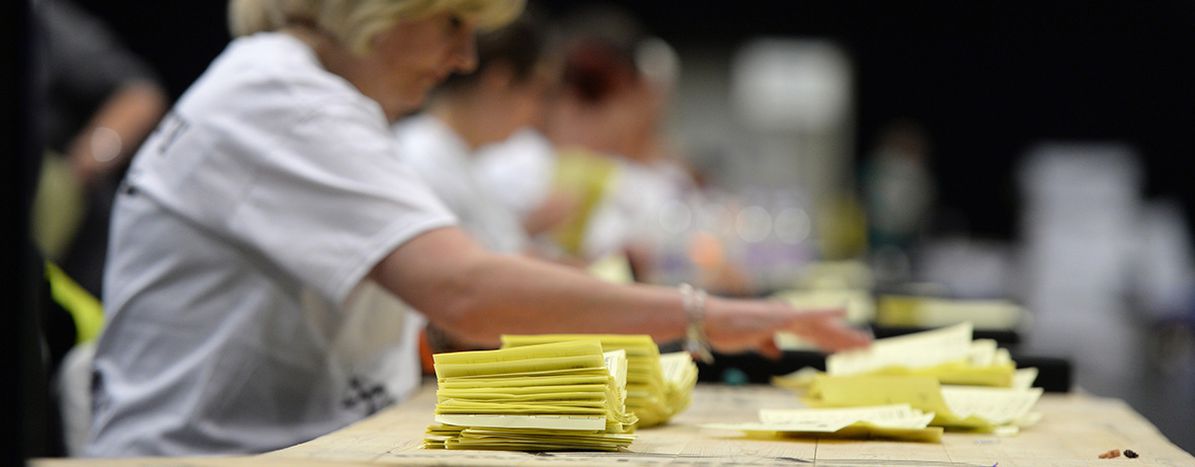
How envelope glue put Austria in a sticky situation
Published on
Translation by:
Lucy ChadwickEuropean citizens can always rely on their right to vote. Unless glue gets in the way, like in Austria. They had to postpone their presidential elections (for a second time) because the adhesive on the envelopes used for the postal vote didn’t stick properly. Seriously.
The second round of the presidential elections in Austria was due to be held on 2 October. But they didn't happen – and glue is to blame. Due to a manufacturing error, the envelopes which had been specifically been produced for the postal vote either couldn’t be sealed or easily came open again. This made it impossible to obtain a reliable count of the results and so the election was postponed. But it's not only the Interior Ministry who are preoccupied with the faulty glue; it has also attracted much ridicule, mockery and attention from abroad.
Both presidential candidates were in favour of postponing the election. Alexander van der Bellen of the Green Party cancelled his election campaign on 9 September, while the right-wing candidate, Norbert Hofer of the Freedom Party of Austria (FPÖ), suggested omitting the postal vote during counting. These exact voices were a thorn in the eye for the FPÖ candidate even before the first round of elections, as it was the postal vote which would secure a narrow victory for his opponent van der Bellen.
Interior Minister Wolfgang Sobotka of the Austrian People's Party (ÖVP) could not fulfil this request, saying on 13 September in a press conference that abolishing the postal vote is "currently not legally possible." The postal vote is guaranteed as part of the election regulations.
Glitch in the first elections
But this election itself was already a repeat: in the elections held in April this year, the two major parties - the Social Democratic Party (SPÖ) and ÖVP - suffered historic losses. A second ballot followed, in which Alexander van der Bellen scraped a majority.
But his time in office was brief: the FPÖ appealed the vote. The reason: the possibility of serious shortages in certain areas, meaning the postal vote envelopes were opened too early or by unqualified people or were not stored safely enough. The constitutional court decided that the election should be repeated on 2 October. The second attempt therefore should have solved the chaos, but in the end, the flaps of the postal vote envelopesended up creating more chaos.
Déja vu all over again
Faulty envelopes were not the only things causing upset, however. Since it was a repeat, the election had to be treated exactly the same as the first time round. That meant the same law, same voters. But thousands of Austrians who were eligible to vote had passed away in the interim, while others who had turned 16 and were now of legal voting age were not allowed to vote. The list of voters therefore had to be readjusted. Most importantly, the envelopes would be legally re-standardised. "We have a great responsibility to ensure that there are no further technical mishaps," Sobotka said.
The date for the next election attempt is 4 December. Maybe it’ll work this time.
Translated from Wie Österreich dem Kleber auf den Leim ging



